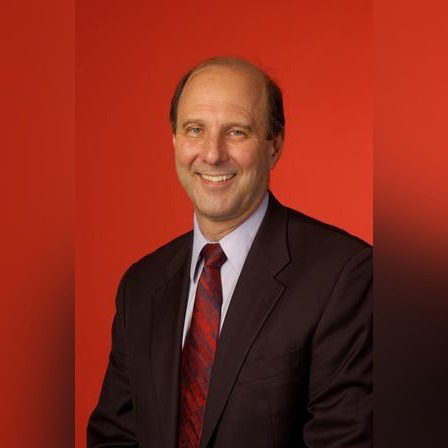Debunking Myths about Hypnosis with Dr. David Spiegel
In this episode, we talk to Dr. David Spiegel to enlighten us about the many misconceptions about hypnosis and how it is an effective way to help control the effects of stress, anxiety, pain, and other behavioral health challenges. He also delves into a way hypnosis is being disseminated and taught now through an app called Reverie.
